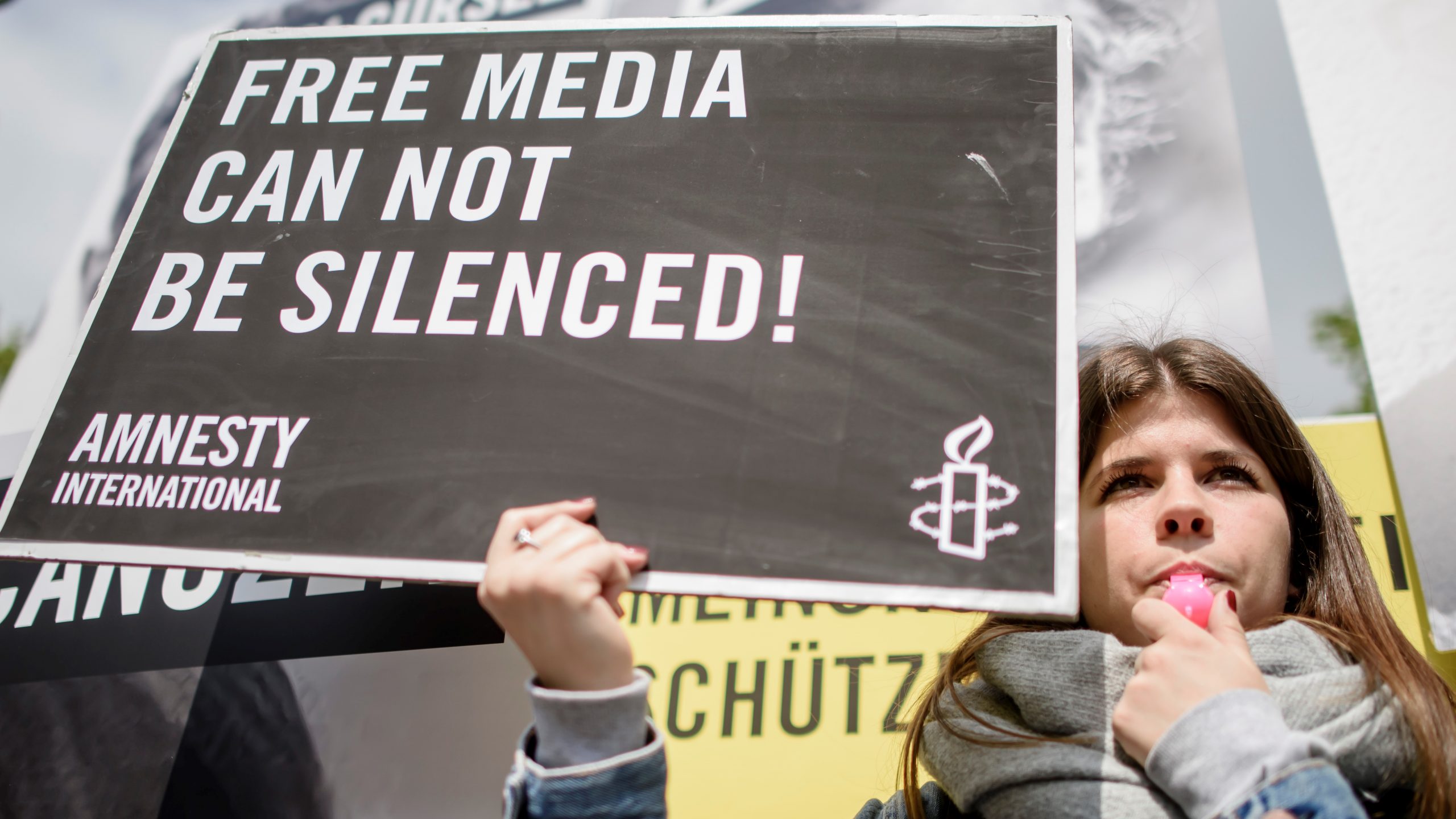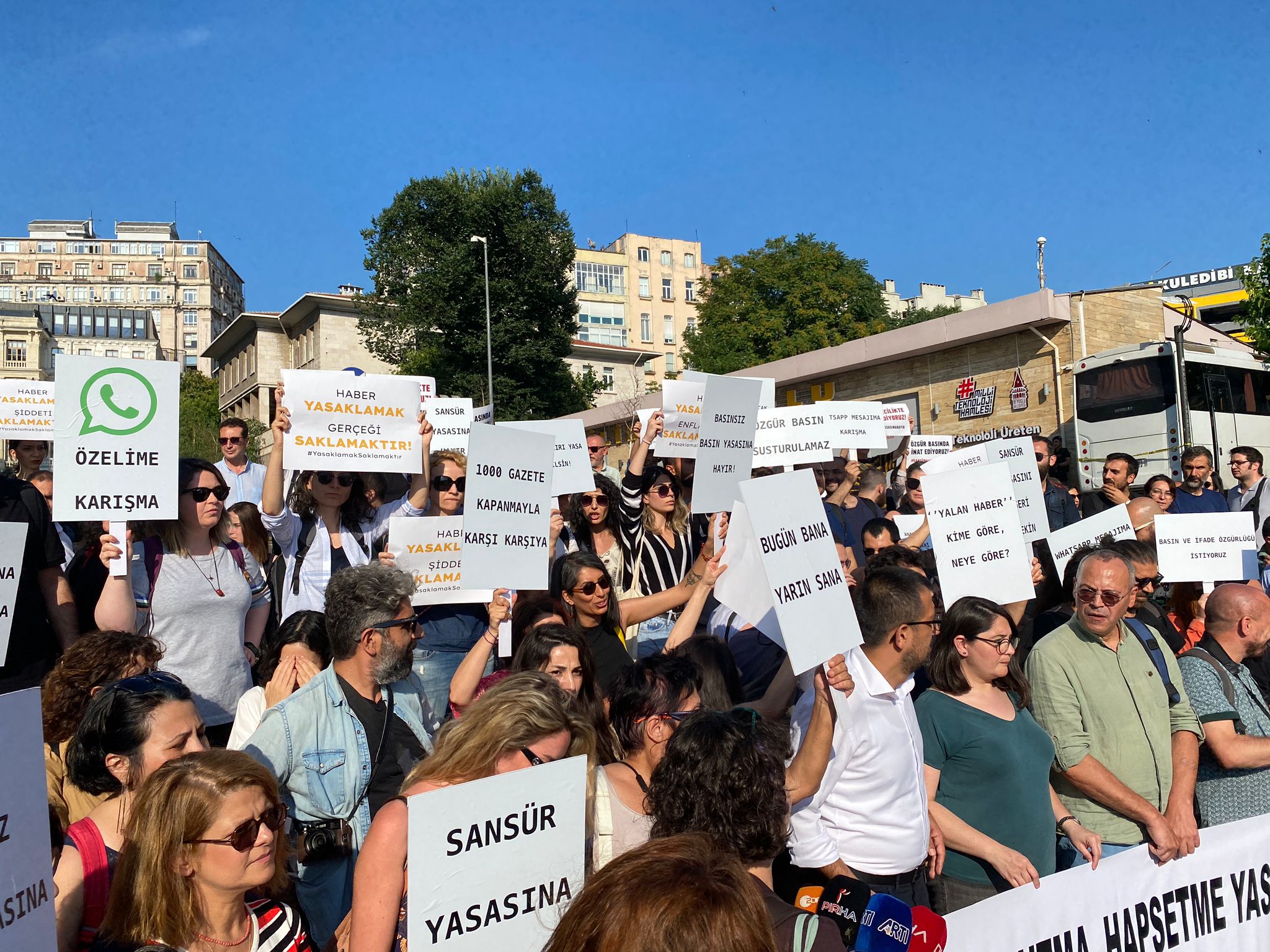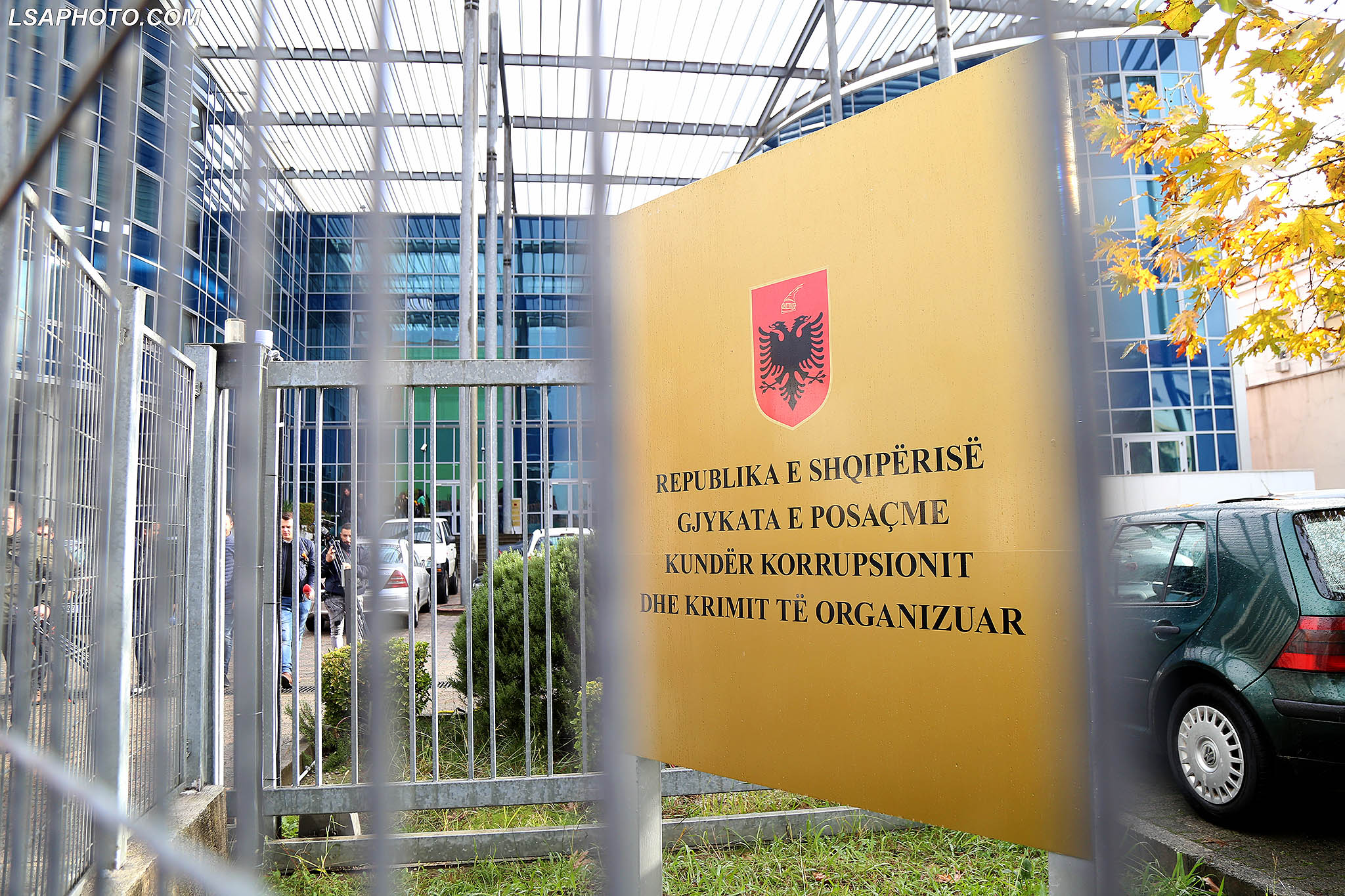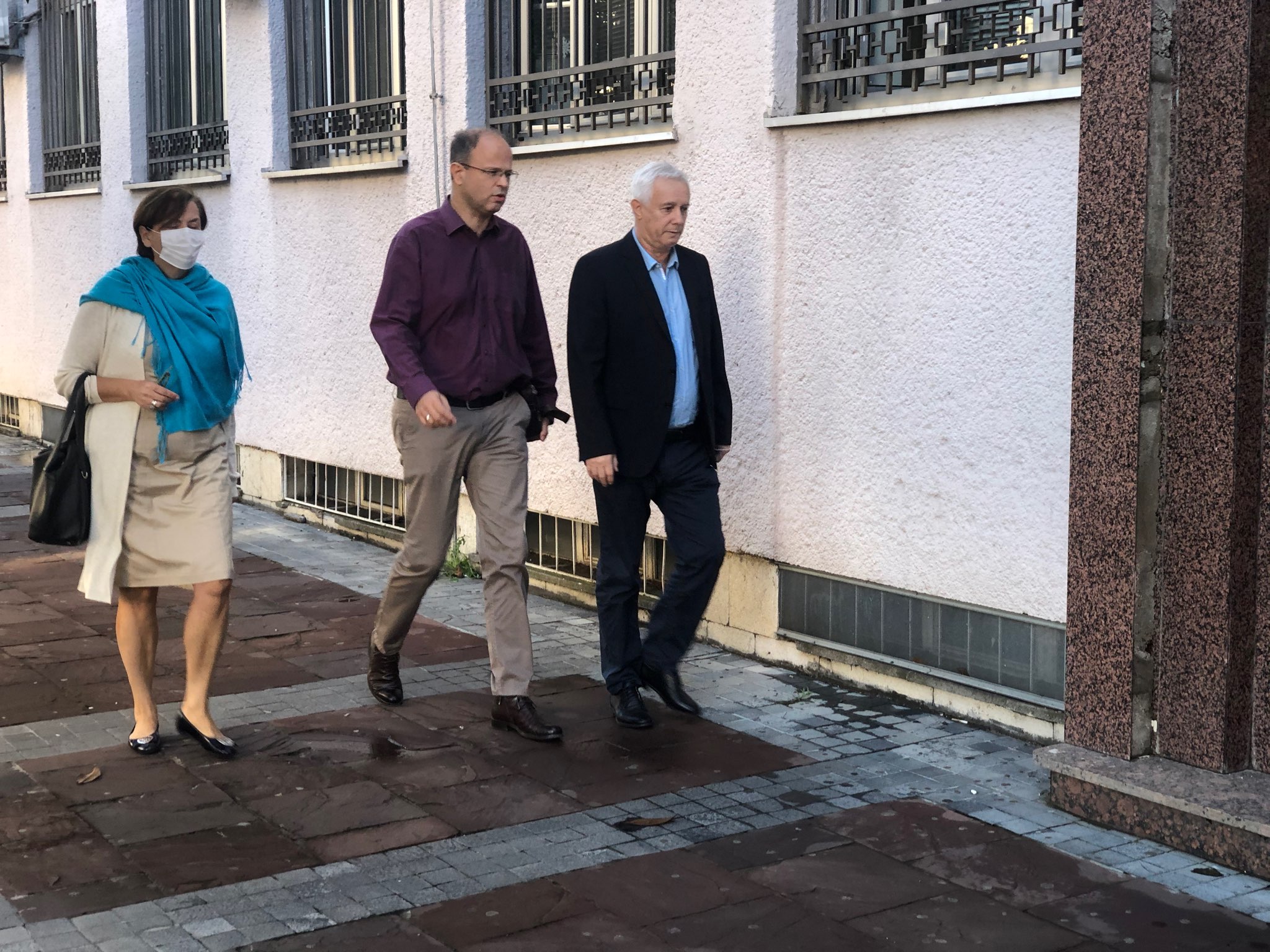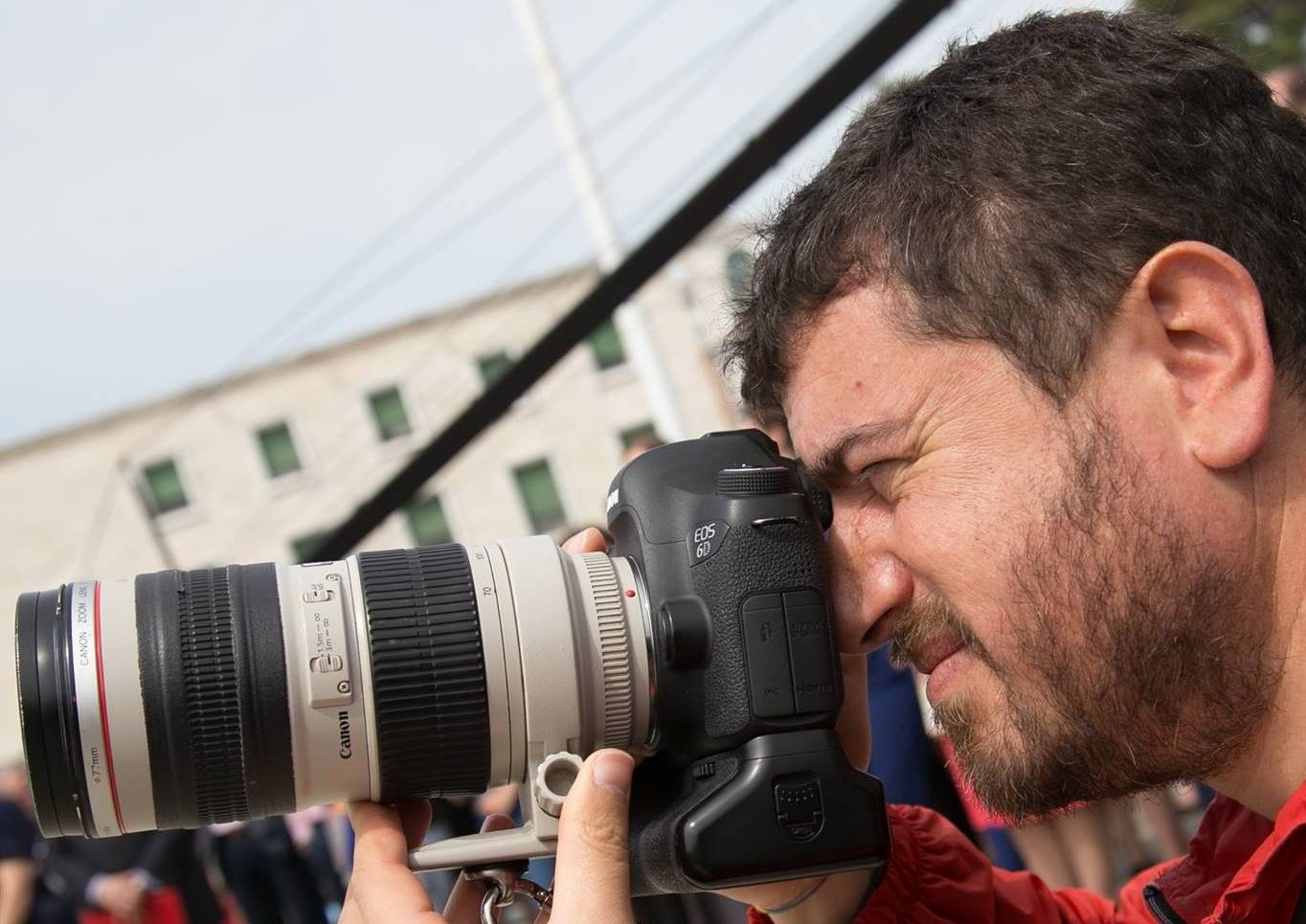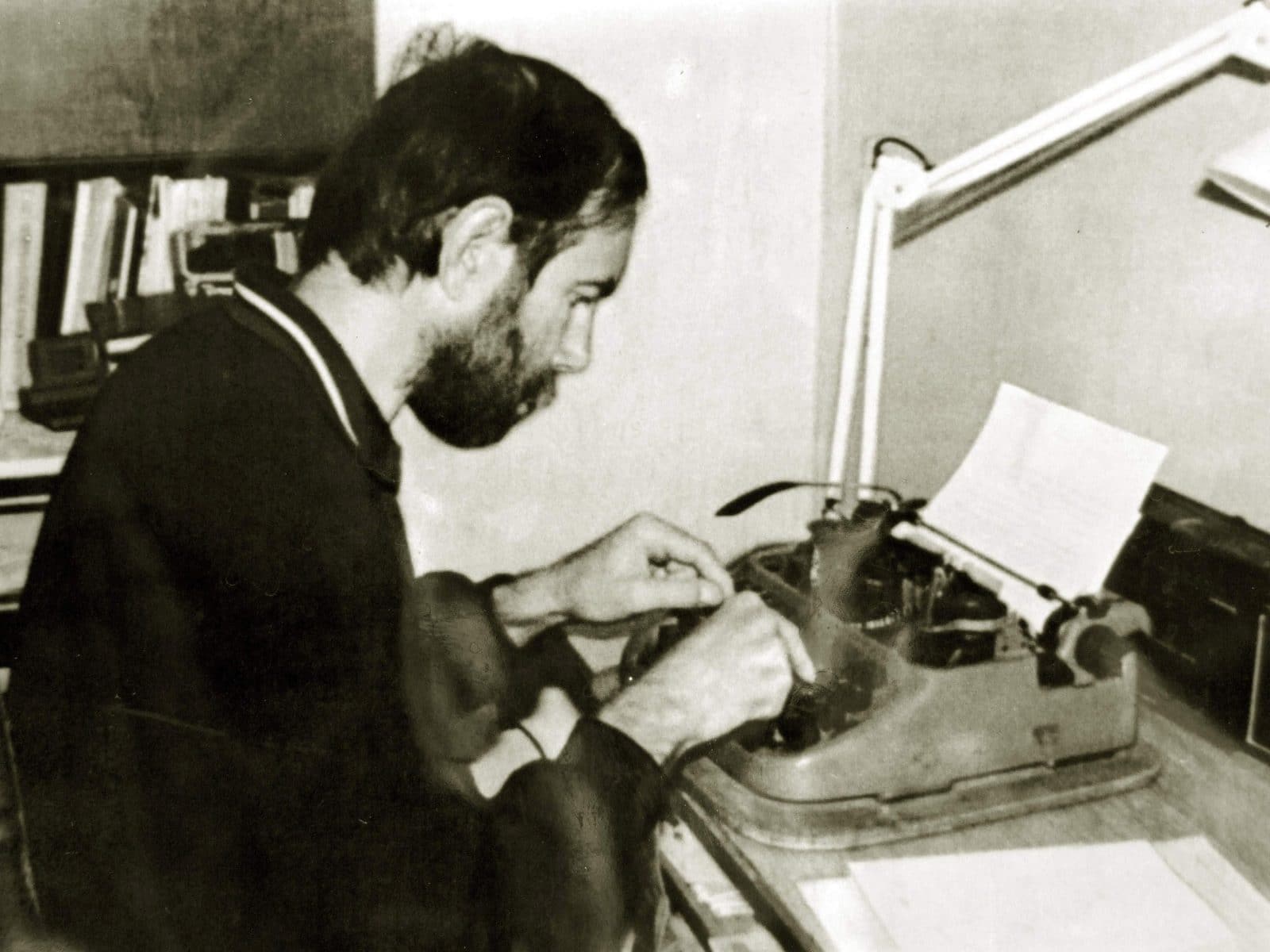Turkish media experts said the country’s new disinformation law which is awaiting adoption in the Turkish parliament will be the last nail in the coffin of an independent media.
The so-called disinformation law will increase government control and censorship in media and social media platforms, Orhan Sener, head of the Journalists’ Union of Turkey’s academy, said.
“I do not believe that there are good intentions here. One must be very naïve to believe that the government is doing this to prevent misinformation. Their record is known, as is what they are capable is known,” he said.
Sener recalled that Turkey ranked in a lowly 149th place among 180 countries in terms of press freedom in Reporters’ Without Borders latest Press Freedom Index.
The draft law for the first time defines “spreading misinformation on purpose” as a crime.
It introduces penalties for anyone who “publicly disseminates false information regarding internal and external security, public order and the general welfare of the country, in a way that breaches the public peace, simply for the purpose of creating anxiety, fear or panic among the population”.
Baris Altintas, the chairperson of the Media and Law Studies Association, MLSA said: “The basic question legally is here how we define fake news and lies. According to this law, it is definitely not by any objective or scientific standards. It is clear that it [the law] is going to an abuse when and if it passes in October.”
According to the proposed law, people who spread misinformation can be jailed for one to three years. If a court rules that a person spreads misinformation as part of an illegal organisation, the jail sentence will increase by 50 per cent.
Journalists can also be charged under the new law if they use anonymous sources to hide the identity of a person spreading “misinformation”.
“Turkey is the worst example, but it is definitely [part of] a trend we can notice in our region or elsewhere,” Marija Ristic, regional director of Balkan Investigative Reporting Network, BIRN, said, referencing the new law.
Ristic noted a recent example of this trend in India. “However, in our region, many countries are trying to impose similar although less restrictive laws,” Ristic said, underlining that Balkan countrie rank poorly in many surveys and rankings on media freedoms.
Turkish journalist and political scientist Sezin Oney said that Turkish President Recep Tayyip Erdogan’s government aims to use the new law in its favour before the next elections, as Erdogan’s popularity in election polls tumbles.
“In this grim autumn, as the economy gets worse, … they [authorities] may continue to lose more votes,” Oney said. He added that one of the new law’s targets will be economists and economy-related news reports.
“The new law will also target economists. If you say something or tweet about something about the official inflation statistics, it will be deemed a lie and there may be a court case against you,” Oney added.
On Thursday evening, during Balkan Insight’s Twitter space discussion, more bad news for media freedom in Turkey arrived, when access to Turkish language services of Deutsche Welle and Voice of America were blocked by a court decision following the Turkish government’s licence demands.
“Since Russia had denied licence to Deutsche Welle [in February], I was wondering when Turkey would follow,” Gurkan Ozturan, the coordinator of Media Freedom Rapid Response at the European Centre for Press and Media Freedom, said. “This is an incredibly illegitimate and horrible development,” Ozturan said.
Balkan Insight regularly organises Twitter space programmes to discuss trending issues in the Balkans. The full programme entitled “Censorship fear in Turkish media the new disinformation law” can be listened here.
Turkish media organisations described the new #disinformationlaw as “the heaviest censorship law in the history of Turkey which will completely destroy the freedom of the press”.
Set the reminder to participate in our discussion tonight at 20 CET https://t.co/RXNx9D0RVi
— Balkan Insight (@BalkanInsight) June 30, 2022
